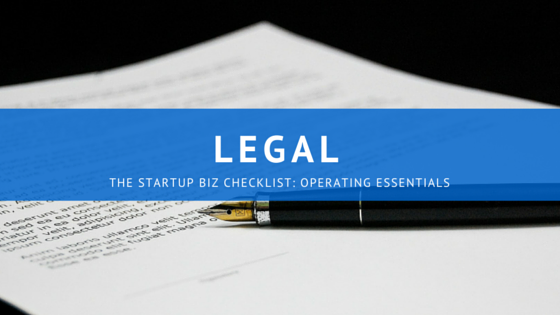
When first setting out to open a business, new entrepreneurs are faced with the choice of what sort of entity best suits their business. The two most popular routes to go are the Corporation route and the LLC route.
When you form an LLC, your business becomes a separate entity from yourself. That means if someone wants to sue you/your business and you/your business does not have the money to pay, only the business’s assets will be confiscated. Your office, desks, and equipment will go while your house, car, and other personal assets will remain safe. This provides a nice sense of safety to small business owners because opening a business can be a great financial risk. Keeping things separate from your personal life assures that your family and home can stay out of a good amount of that risk.
In addition to the protection an LLC provides you and your business, LLCs also save you money on taxes. By default, an LLC is treated as a “pass through” entity (which is single taxation), but LLCs also have a special alternative option when it comes to taxing. An LLC can be seen as a sole proprietor or partnership, a C-corp, or an S-corp because there is no true LLC tax entity. This makes an LLC one of the traditional business designations. Because of its flexibility, business owners that from an LLC can choose the tax identity that benefits their business the most. So if a business owner plays it smart, he/she can save himself/herself a great deal of money when it comes time for taxes.
Keeping up with the flexibility notion, an LLC has the freedom to distribute its ownership stake to any of the business’s members without regard to any of the members’ capital contribution to the business. This is important because when profits are distributed to each member, they can be distributed in any manner the owners deem appropriate, rather than depending solely on capital. Even when certain members may not invest as much as other members, an LLC’s operating agreement can specify that all members receive equal shares of the business’s profits.
Lastly, an LLC provides a great sense of credibility to its customers. One of the odds stacked against new small business owners is the initial gaining of a customer base. Customers want to know that they are putting their business in good hands. Having an “LLC” at the end of your business’s name assures your customers that you have their best interest at heart and that you’re doing things the legal way.
Deborah Sweeney is the CEO of MyCorporation.com. MyCorporation is a leader in online legal filing services for entrepreneurs and businesses, providing start-up bundles that include corporation and LLC formation, registered agent, DBA, and trademark & copyright filing services. MyCorporation does all the work, making the business formation and maintenance quick and painless, so business owners can focus on what they do best. Follow her on Twitter @deborahsweeney and @mycorporation.